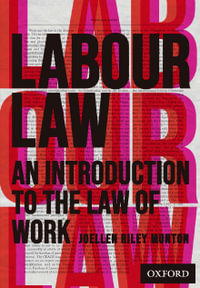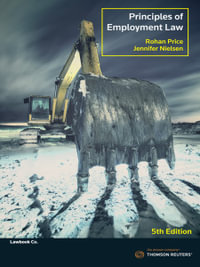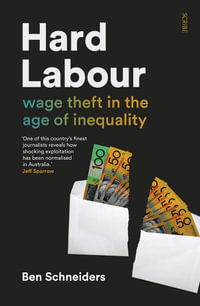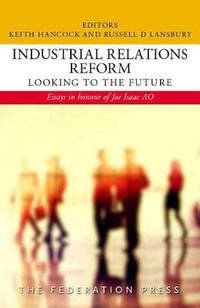
Malevolent Legalities
Discriminatology and the Specters of Scalia
By: Kevin S. Jobe
Hardcover | 31 October 2024
At a Glance
Hardcover
$404.75
Aims to ship in 10 to 15 business days
When will this arrive by?
Enter delivery postcode to estimate
ISBN: 9781683934028
ISBN-10: 1683934024
Series: The Fairleigh Dickinson University Press Series in Law, Culture, and the Humanities
Published: 31st October 2024
Format: Hardcover
Language: English
Number of Pages: 308
Audience: Professional and Scholarly
Publisher: ROWMAN & LITTLEFIELD PUBLISHERS
Country of Publication: GB
Dimensions (cm): 23.5 x 15.8 x 2.1
Weight (kg): 0.54
Shipping
| Standard Shipping | Express Shipping | |
|---|---|---|
| Metro postcodes: | $9.99 | $14.95 |
| Regional postcodes: | $9.99 | $14.95 |
| Rural postcodes: | $9.99 | $14.95 |
How to return your order
At Booktopia, we offer hassle-free returns in accordance with our returns policy. If you wish to return an item, please get in touch with Booktopia Customer Care.
Additional postage charges may be applicable.
Defective items
If there is a problem with any of the items received for your order then the Booktopia Customer Care team is ready to assist you.
For more info please visit our Help Centre.























